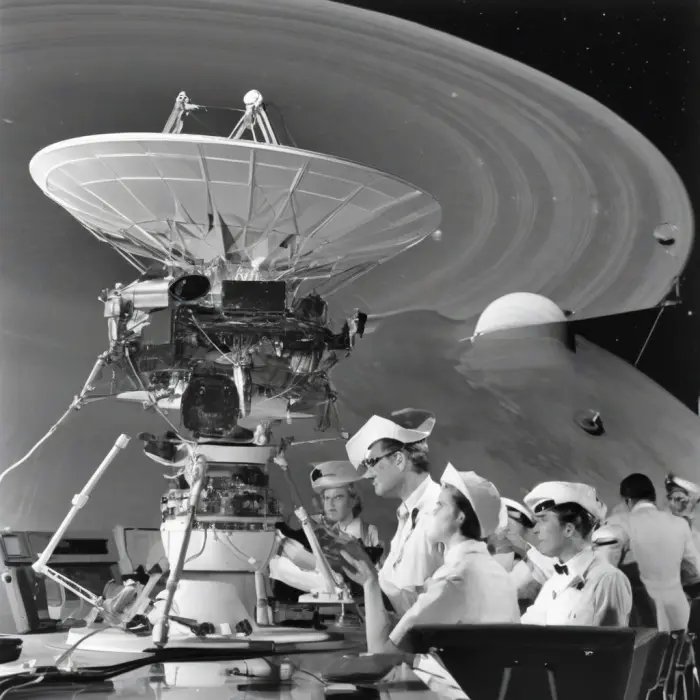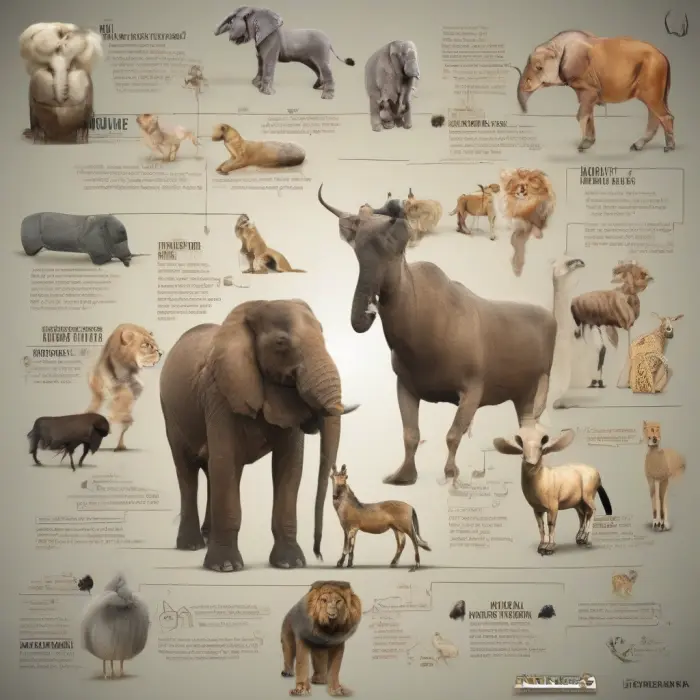Amazing Facts About the Science of Human Perception
Human perception is a complex process that involves the integration of different senses to create an understanding of our surroundings. Here are some incredible facts about the science of human perception.
The Five Basic Senses
Most of us are familiar with the five basic senses: sight, hearing, taste, touch, and smell. These senses allow us to interact with the world around us, providing vital information about our environments. What's even more fascinating is that these senses do not operate independently - they work together, influencing each other to give us a holistic perception of our surroundings.
Multisensory Perception
Multisensory perception is the process by which our brains integrate information from different sensory modalities. Research has shown that this integration can significantly enhance our perceptual abilities. For instance, watching someone's lips while they are speaking can improve our comprehension, especially in a noisy environment. This is known as the McGurk effect, named after the psychologist Harry McGurk, who discovered this phenomenon.
Fastest Sense: Sight
Of our senses, sight is the fastest. The human eye can recognize an image in just 13 milliseconds. That's faster than a blink of an eye! This incredible speed allows us to react quickly to changing environments and situations, giving us a survival advantage.
Influence of Perception
Our perceptions can heavily influence our experiences. Psychologists have shown that our perceptions can affect how we experience pain, happiness, and even how we taste food. Our minds are incredibly powerful, and our perceptions play a significant role in shaping our reality.
Neuroplasticity and Perception
Neuroplasticity is the ability of the brain to change and adapt in response to experiences. This means that our perceptions can change over time as we learn and grow. For example, musicians have been found to have enhanced auditory perception. Their brains have adapted to better process and understand the sounds they work with regularly.
Mirrors and Perception
An interesting fact about our perception is that when we look in a mirror, we do not see ourselves as others do. This is because our reflection is a reverse image. However, due to our ability to adjust our perceptions, most people do not notice the difference between their mirror image and their actual appearance to others.
Conclusion
These are just a few of the countless amazing facts about the science of human perception. Understanding how we perceive the world can not only provide us with insight into our own experiences but also help us to understand others better. Perception truly is a remarkable feat of human nature.










